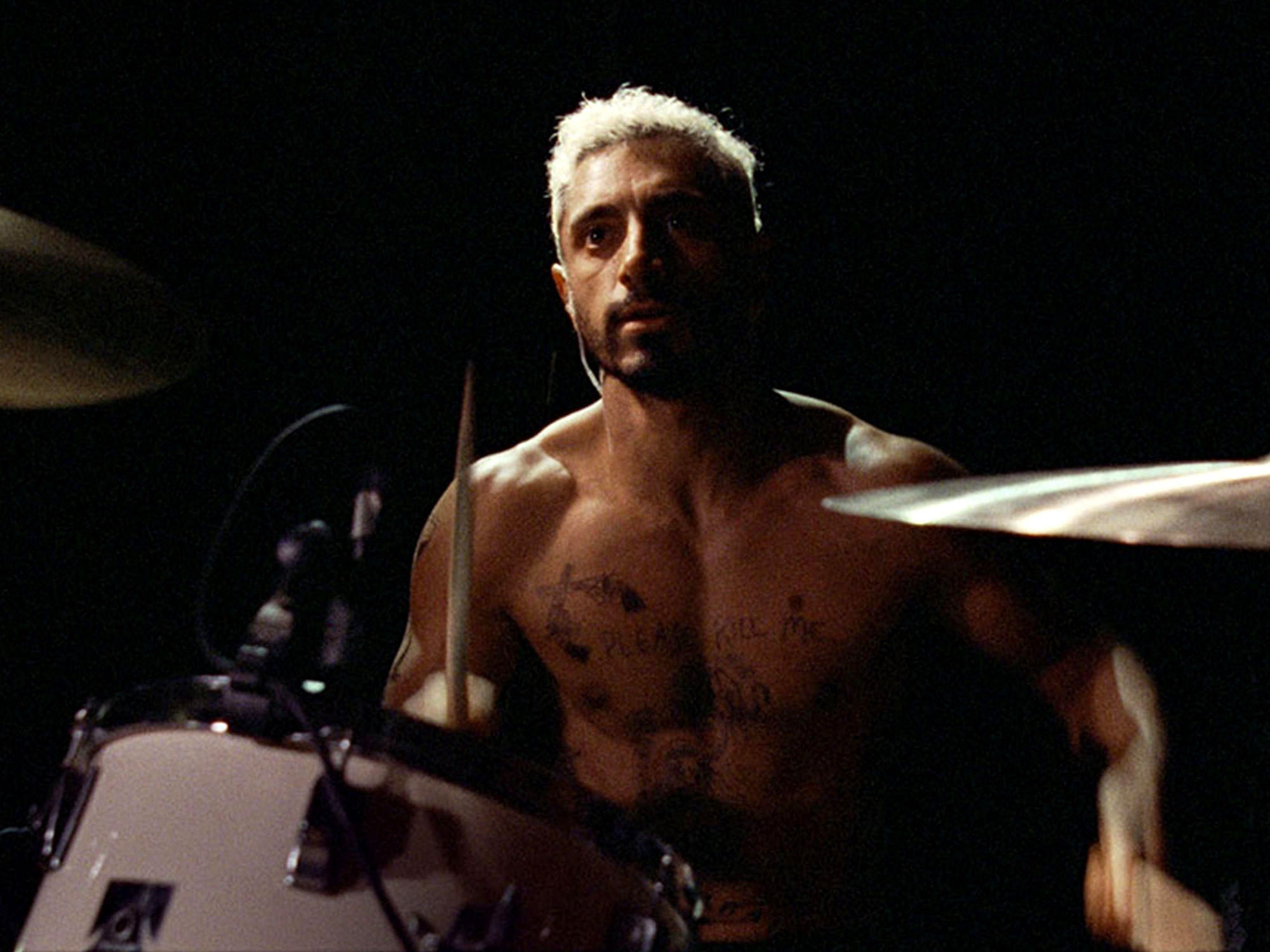Hillbilly Elegy
by Hope Madden
I can’t say I’m a big Ron Howard fan. I find his films safe and sentimental. But I’d certainly say they were all competently made.
Until today.
What the hell is going on with Hillbilly Elegy?
Howard’s adaptation of J.D. Vance’s memoir does boast the one-two punch of perennial Oscar contenders Amy Adams and Glenn Close. Adams plays Vance’s unstable mother, Beverly. It’s less a character than a collection of outbursts, so I can’t even say whether she’s good.
Close, as Vance’s beloved Mamaw, gets more opportunity to carve out an actual character. But like everything else in the film, Mamaw exists in snippets to illustrate the Middletown, Ohio chains J.D. needs to break.
The main story is of law student J.D. (Gabriel Basso) trying to land summer employment at a firm so he can afford Yale next year. His mother overdoses on heroin just days before his interview. Can he get to Ohio, sort that out, and still make it back to Connecticut in time? Or will he be forever waylaid by all the hyperventilating, acid washed jeans, scrunchies and hysterics that populate his flashbacks?
Howard’s characters don’t show us much, but they do tell us a lot of things. J.D. tells us his mother is the smartest person he’s ever met. We never see even a glimpse of that, so we’ll have to take him at his word. He also tells us twice that he will do whatever it takes to make sure his mother gets the help she needs.
That’s supposed to be the heart of the story. Does there come a time when you have to put yourself first? Is it ever wrong to sacrifice yourself for your family?
Too bad Howard, working from a screenplay by Vanessa Taylor, can’t find that heartbeat.
Flashbacks do little to differentiate J.D. (played in youth by Owen Asztalos) from the others who can look forward to a life of “food stamps or jail.”
Never does the film see J.D. as possessing any privileges that may make success easier for him than for his grandmother, mother, or sister (Haley Bennett). Nope. J.D. just worked harder.
The reason Howard’s film seems like it refuses to say anything, which gives it the feel of a poorly pieced together puzzle, is that it says two things simultaneously. 1) Redneck is a term elitists use to make themselves feel superior to perfectly valuable people. 2) If rednecks worked hard enough, they could go to Yale and stop being rednecks.













